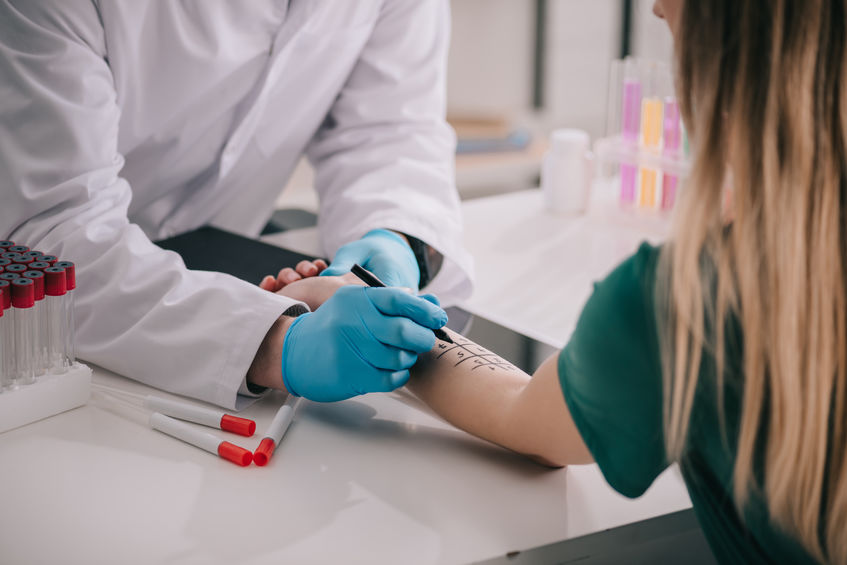Finding The Cause Of Allergy Symptoms
Some allergies are common. For example, during high pollen season, many people experience extra congestion, coughing, or sneezing. In many cases, these symptoms are mild. However, if allergy symptoms are more severe or interfere with daily life, people may consider allergy testing to find the exact cause of symptoms. During allergy testing, a trained specialist exposes the patient to multiple allergens simultaneously to find the root cause of the allergic reaction.
What to expect during testing
Allergy tests are often given as skin tests. During the appointment, a patient receives a small pinprick with the suspected allergen. The patient is monitored for reactions to that skin area. Usually, the test is performed on the back or forearm. If a person reacts to the trigger, then the area where the skin was pricked may become red and raised.
What happens if I have an allergy?
One advantage of allergy testing on the skin is that results are available quickly. Typically, an allergic reaction will occur within an hour. However, symptoms can occur up to 48 hours after the skin was pricked. Once the doctor has concluded what the patient is allergic to, a treatment plan can be created.
Signs testing is needed
Allergies occur when the body’s immune system overreacts to a foreign substance. An allergic reaction often involves itchy, watery eyes, coughing, sneezing, and congestion. Some reactions are more severe and cause throat swelling, hives, facial swelling, and wheezing. For some allergies, simply avoiding known allergens can be significant in decreasing symptoms.
Types of allergies
A person’s reaction symptoms can depend on the type of allergen. There are 3 main categories of allergens:
- Inhaled allergens, such as pollen
- Swallowed allergens, such as peanuts, soy, or other food allergies
- Contact allergens, such as poison oak
Skin testing can check for a wide variety of allergens. If the suspected cause is a reaction to certain food groups, a doctor may recommend trying an elimination diet to identify the culprit. During an elimination diet, patients add suspected allergens back into the diet one by one to try to determine what food is causing allergy symptoms.
Find diagnosis and treatment today
For some allergies, doctors may recommend prescription antihistamines, eye drops, decongestants, or nasal sprays. Additional treatment may involve avoiding allergy triggers, topical creams, or, in severe cases, carrying an auto-injector with a dose of epinephrine. Speak with a trained healthcare provider to learn more about allergy testing, diagnosis, and treatment options.



